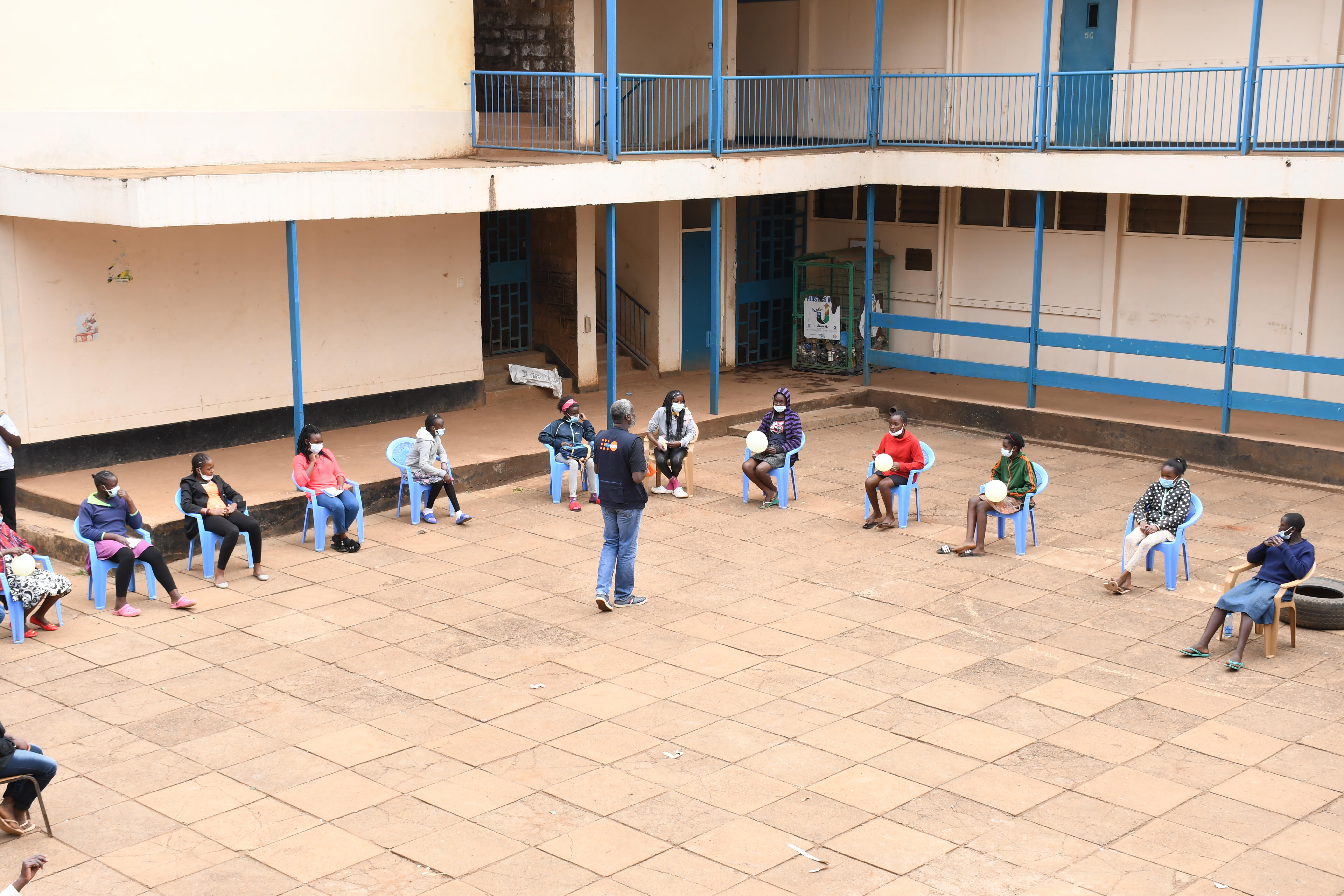Half of adolescent (15-19 years) pregnancies in developing regions are unintended and over half end in, often, unsafe abortion. In Kenya, 900,000 girls aged 10-19 were reported pregnant at health facilities in 2018 and 2019.
Teenage pregnancy is a fatal blow to the bodies and aspirations of adolescents. They develop psychological problems from social stigma and suffer physical and domestic violence in an attempt to meet the demands of pregnancy and childbearing. Their health is jeopardized as the developing bodies adjust to the physiological demands of parturition.
Childhood motherhood is a recipe for the poverty cycle in families where, in most cases, households, especially in low-income settings, take on the responsibility of raising a child on behalf of the teenager.
The National Gender and Equality Commission says many pregnancies occur in the context of human rights violations such as child marriage. Inadequate sex education and quality sexual and reproductive health services, as well as poverty, which exacerbates transactional sex, also lead to to unwanted pregnancies among girls and young women.
Soon after the first case of Covid-19 was reported in Kenya, the government reported a surge in Sexual and Gender-Based Violence (SGBV) with adolescents mostly being defiled. Projections by UNFPA show the pandemic could lead to 13 million more child marriages globally over the next decade
and in the six months of lockdown or restrictions, seven million unintended pregnancies.
But we continue to bury our heads in the sand and remain unwilling to confront the root cause and complexity of this worrying trend. Arguments among communities and leaders revolving around morality, values and social codes represent convenient sentiments that are invoked to vilify and place responsibility entirely on minors who deserve protection and information from society.
These knee-jerk reactions from our leaders aggravate rather than fix the problem with adolescent girls mostly suffering the consequences and punishment for early pregnancy, including being ostracized. Most times, the perpetrators of the act go scot-free due to our weak justice and accountability systems. The teenage pregnancies menace can only be brought to an end through a societal approach and a national change in mindset. The impunity must be eliminated through proactive measures and unyielding resolve.
Firstly, country commitments need to be matched with investments by the government. Reproductive health is a constitutional right and not a choice. The nation should not permit spurious merchants of morality to undermine the destiny of adolescent girls.
Kenya committed at the Family Planning Summit in London, on July 11, 2017, to increase the contraceptive prevalence rate for any method among adolescent women (15-19 years) from 40- 50 per cent by 2020 and 55 per cent by 2025 and reduce teenage pregnancy among 15-19-year-
olds from 18-12 per cent by 2020 and 10 per cent by 2025. More than half (54 per cent) of sexually active adolescent women in Kenya who do not want to become pregnant still have an unmet need for modern contraception. Guttmacher Institute says 86% of unintended pregnancies in the country occur among this group.
Secondly, interventions to provide sexuality education and reproductive health services and address SGBV and harmful cultural practices that contribute to teenage pregnancies must be the responsibility of everyone.
Achievement of the world’s Sustainable Development Goals by 2030 depends significantly
on the health and rights of the young people. Yet as the world celebrated World Population Day on July 11, governments once again failed to highlight the urgency and importance of global population issues, including teenage pregnancy. Leaders need to facilitate a societal approach which involves governments, communities, youth and other stakeholders in ending the menace.


